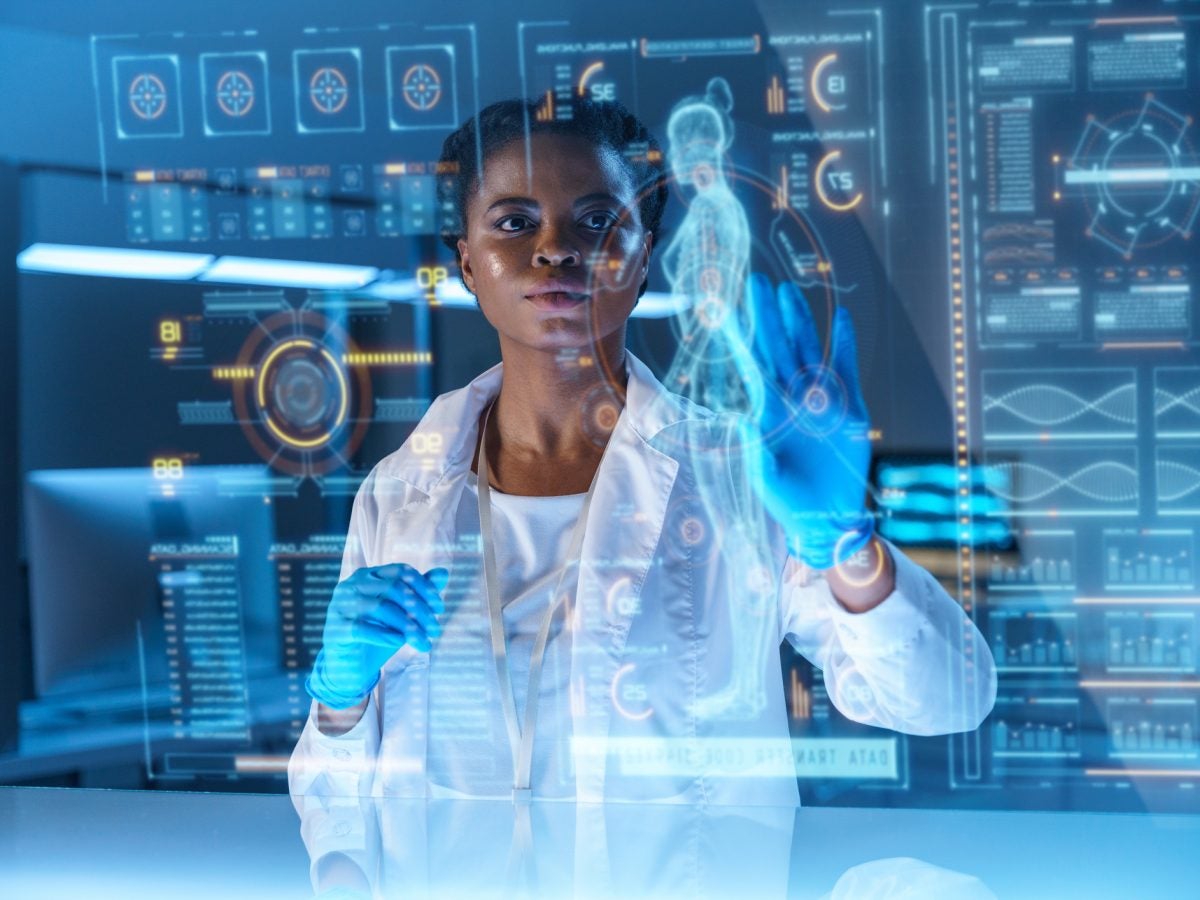
We are in the age of artificial intelligence (AI), whether or not you like it. Welcome.
AI affects our daily lives—in many ways making it easier. And when it comes to recent advancements in AI, ChatGPT has garnered all of the buzz. Users can apply the technology to whip up anything—from a business plan, to a workout plan, a play or even a social media caption. We can also thank artificial intelligence for auto-filling responses to emails (and for that nudge to respond to a message that has gone unanswered for days; yikes!). Artificial intelligence has also helped society to make strides in healthcare—aiding in various capacities, from diagnosis to treatment. Oh, and shout out to Siri–she’s a form of AI, too.
While AI, and its developments, have certainly brought the world forward, some would say that the human relationship with the new technology is complicated.
Many consider AI to be a threat to their jobs, after all automation may very well be a risk to employment. Notably, the Writers Guild of America has been on strike since May 2023, and among their demands is provisions about artificial intelligence—needless to say, the writers have concerns about AI and their livelihood, too.
While artificial Intelligence will, no doubt, make the function and scope of responsibilities at work more efficient, what will these new technologies mean for the future of your position? Should you be, at all, concerned? Are the existing concerns ill-founded? We’ve taken a look at some recent research about artificial intelligence and the future of work, so you don’t have to. Here’s what some experts have to say about what artificial intelligence could mean to your job.
Generative AI and the future of work in America is a July 2023 report from The McKinsey Global Institute. The special report says that it sees generative AI enhancing work in the professions within the realm of “STEM, creative, and business and legal,” rather than eliminating these jobs.
Conversely, when it comes to AI and the future of the American workforce, lower-paying jobs may take a blow. The report says the following, “Automation’s biggest effects are likely to hit other job categories. Office support, customer service, and food service employment could continue to decline.” According to The McKinsey Global Institute, this will cause a need for ‘occupational transitions’ shifting towards higher-wage jobs. The report found the following, “Workers in lower-wage jobs are up to 14 times more likely to need to change occupations than those in highest-wage positions, and most will need additional skills to do so successfully. Women are 1.5 times more likely to need to move into new occupations than men.”
A July 2023 Pew Report, entitled “Which U.S. Workers Are More Exposed to AI on Their Jobs,” specifically examines how Americans are exposed to AI at work. Here the term “exposure” refers to whether or not workers’ responsibilities could be “replaced or aided” by AI. The report says the following, “Jobs are considered more exposed to artificial intelligence if AI can either perform their most important activities entirely or help with them.” Some examples of jobs with high exposure are web developers and tax preparers.
While the report says that it is unclear whether or not AI will lead to joblessness, it has found that various groups of workers tend to have higher exposure to artificial intelligence. The groups are as follows (as quoted from the research): Workers with more education; women; Asian and White people; higher waged workers.
“Jobs with a high level of exposure to AI tend to be in higher-paying fields where a college education and analytical skills can be a plus,” says the July 2023 report. Notably, artificial intelligence can be used either to replace or complement these roles.
Artificial Intelligence and the Future of Work is a 2020 report from MIT. The research suggests that we can all chill-out on the AI replacement theories (for now).
“In this report, we conclude that recent fears about AI leading to mass unemployment are unlikely to be realized. Instead, we believe that—like all previous labor-saving technologies—AI will enable new industries to emerge, creating more new jobs than are lost to the technology.”
Despite the rapid advancement of artificial intelligence, the MIT scholars believe that the world is decades away from the point when computers have “complete, human-level artificial intelligence.” The report says the following, “For the foreseeable future, therefore, the most promising uses of AI will not involve computers replacing people, but rather, people and computers working together—as “superminds”—to do both cognitive and physical tasks that could not be done before.”